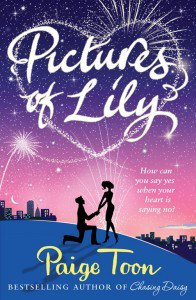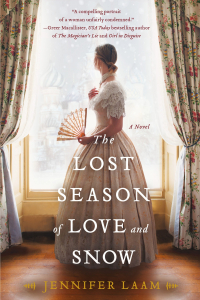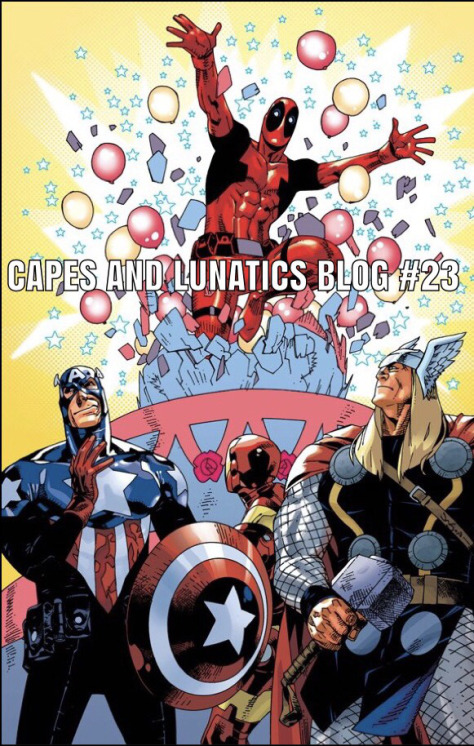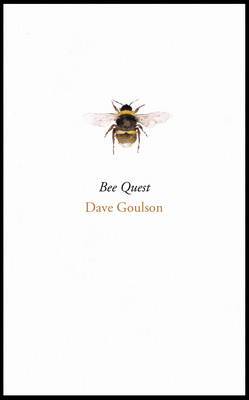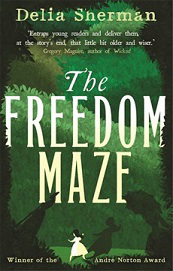
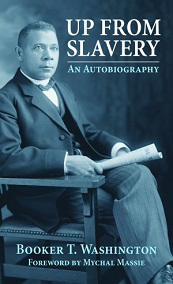
I recently read the submission guidelines of a particular agent, and one of them said “No cultural appropriation.” This prompted me to wonder what cultural appropriation really is.
Most of what I’ve heard about cultural appropriation has been in the negative, such as the case where the African American woman chastised a Caucasian woman for wearing corn rows in her hair. As far as I’m concerned, this goes to the absurd. Saying only African Americans can wear corn rows would be like saying only Mexican Americans eat tacos or Italian Americans can eat spaghetti.
While I think bringing people of all backgrounds further into literature is a noble goal, there is one anecdotal situation where I don’t feel it works. I read online of a writer who wrote a novel about a black slave in the 1800s. The agent liked the story but passed on it because the writer was white. She wanted the story told by an African American. The problem with that is, there is no one today who has been a slave. Being black does not give a person a greater perspective on what life was like for slaves in the 1800s than does being white. There is no such thing as racial memory. The writer learns voices of characters from careful research, as this writer did. A great story about slavery in the 1800s is The Freedom Maze by Delia Sherman, a white woman, but she spent years researching the novel, including combing over records and visiting old plantation houses
If I were going to write a story about slaves in the 1800s, I would begin with careful research. I once read Up From Slavery by Booker T. Washington. It’s a valuable first-hand account of what a slave’s life was like, but it does not matter what race you are when you read it. What matters is how well you study it. However, if I actually wrote the story, I may be accused of ‘cultural appropriation.’
. There was a speech by Lionel Shriver that caused a real splash recently. Her remarks were essentially it’s the writer’s craft to push his or her limits, often by taking on the voice of characters of other backgrounds. To me, if a writer does this, it’s not cultural appropriation, it’s good writing. Agents and editors should be blind to the background of the writer. It should make no difference what race, gender, religion etc. the writer really is. What counts is the ability of the writer to project himself or herself as the character. As long as this projection is authentic and respectful toward the cultural group written about, I think writers should be encouraged to explore any ethnic background they want.

